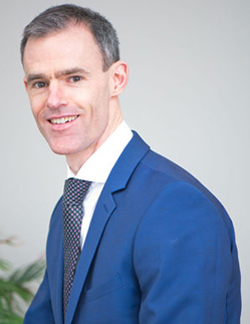 Mutism or selective mutism is an anxiety disorder. It usually occurs in the early stages of child development and affects approximately 1 in 150 children. Children with this disorder can speak in some situations but cannot in others. For example, they can speak at home to their parents but freeze up when they are in school. More details on mutism. It can also be known as talking phobia or fear of talking.
Mutism or selective mutism is an anxiety disorder. It usually occurs in the early stages of child development and affects approximately 1 in 150 children. Children with this disorder can speak in some situations but cannot in others. For example, they can speak at home to their parents but freeze up when they are in school. More details on mutism. It can also be known as talking phobia or fear of talking.
Understanding mutism.
The most important thing to understand about mutism is that the child has little or no control over it. The behaviour is driven by a deep rooted anxiety which is controlled by the amygdala in the brain. The amygdala is the fight/flight response centre. It operates at a survival level and it will bypass rational reasoning in order to keep you safe or alive.
Somewhere in your child’s development the amygdala learned that for some occasions it’s safer not to speak, than to speak. And it is not easy to undo this learning, especially not rationally.
This is why it can be so frustrating to deal with. No amount of persuasion will get the child to come around. Until the amygdala is satisfied that the threat to safety is no longer there, the problem will exist.
How can Cork Kinesiology help with mutism?
 The Child Centre Method, in which I am trained is a child development program. Much of the method is centered on understanding Retained primitve reflexes. Specifically the fear paralysis reflex is associated with mutism. As it’s title suggests it is associated with the physical freezing of movement. It is normally integrated before birth. However if it is not there are substantial consequences to the child. The child will suffer from anxiety because they have a abnormal (and unfair!) level of fear consistently effecting them. The Child Centre Method offers a unique means of firstly, establishing the presence of the reflex and then enabling its rehabilitation.
The Child Centre Method, in which I am trained is a child development program. Much of the method is centered on understanding Retained primitve reflexes. Specifically the fear paralysis reflex is associated with mutism. As it’s title suggests it is associated with the physical freezing of movement. It is normally integrated before birth. However if it is not there are substantial consequences to the child. The child will suffer from anxiety because they have a abnormal (and unfair!) level of fear consistently effecting them. The Child Centre Method offers a unique means of firstly, establishing the presence of the reflex and then enabling its rehabilitation.

